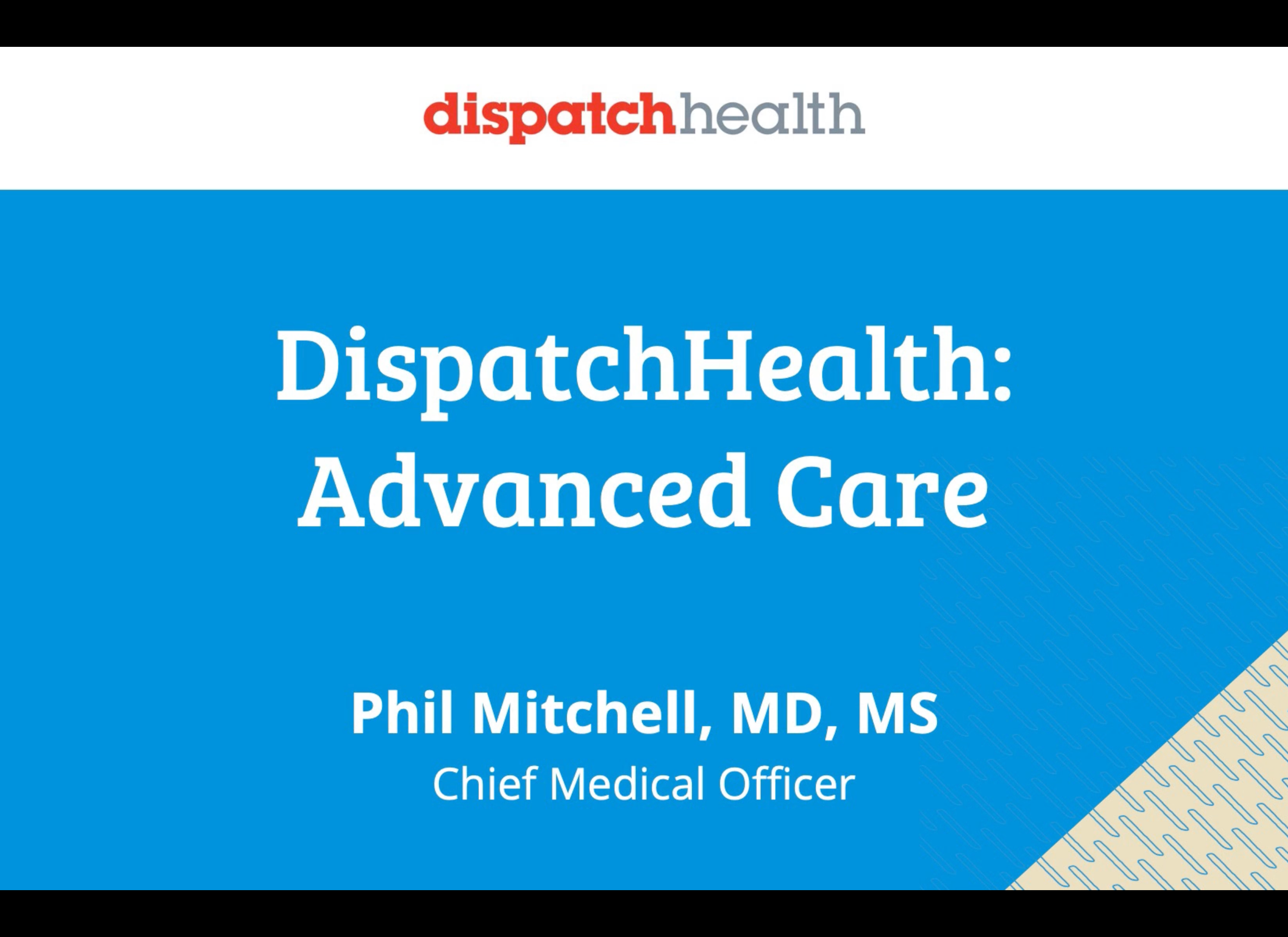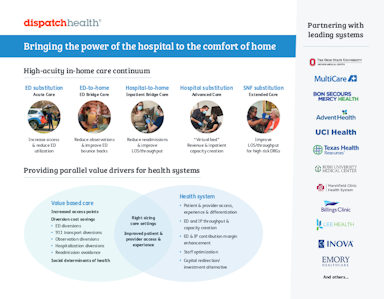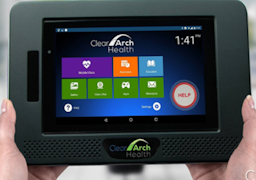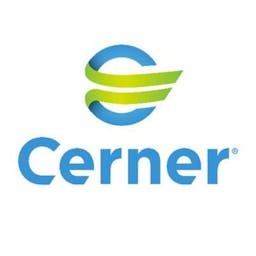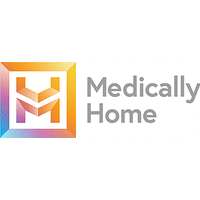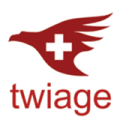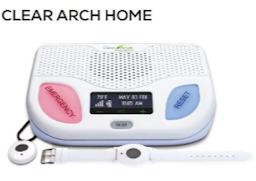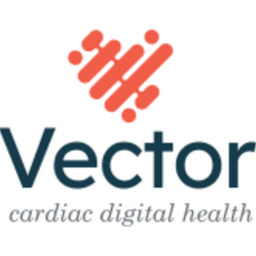Advanced Care - in-home hospital alternative
DispatchHealth provides hospital-level care in the comfort of a patient’s home. Such patients typically present with general medical conditions that could otherwise result in a hospital admission. DispatchHealth calls this hospital alternative service Advanced Care. Advanced Care reduces unnecessary and costly hospital stays, which improves hospital capacity and throughput while producing superior outcomes for the patient.
Create "Virtual Bed” revenue & inpatient capacity.
Care team: Our Advanced Care team is led by a hospitalist physician and supported by a nurse practitioner or physician assistant, 24/7 nurse command center and other caregivers (RNs, PT/OT partners) as needed.
Our in-home hospital alternative care solution, Advanced Care, provides qualifying adult patients with advance medical care, social support, and 24/7 monitoring up to 30-days—all within the comfort of home.
DispatchHealth’s Advanced Care program can help you:
- Decrease inpatient hospital admissions and improve hospital system capacity
- Reduce unnecessary ER visits, SNF stays, and ancillary service utilization
- Drive significant medical cost savings including reduction in 30-day readmission rates
- Improve health outcomes and achieve unparalleled patient satisfaction
- Support the Acute Hospital Care at Home CMS waiver program
- Enable community providers to directly admit patients
Learn more here: DispatchHealth.com/AdvancedCare


